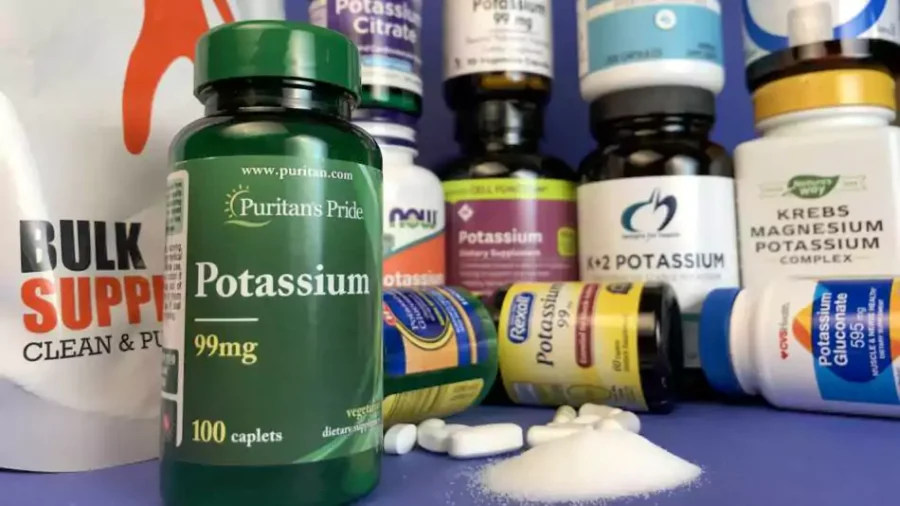Low potassium levels, or hypokalemia, can lead to muscle cramping, weakness, fatigue, and other symptoms. Potassium supplements may help, although they cannot treat underlying causes of hypokalemia.
Most of the potassium in the body is stored inside cells. Typical potassium concentrations in the blood range from around 3.6 to 5 millimoles per literTrusted Source.
Blood potassium levels can indicate potassium status, but they cannot indicate what the stores are like inside the cells.
The keto diet increases the acidic environment of the body. This can trigger metabolic acidosis (MA), in which the blood becomes too acidic. This can lead to kidney problems and a loss of bone mineral density.
One 2020 studyTrusted Source suggests that oral potassium citrate supplementation may prevent the risk of MA in children following a keto diet. The researchers suggest potassium citrate acts as an alkalizing agent to counteract the potential for MA.
Further studies are necessary to determine whether everyone following a keto diet should take a potassium citrate supplement.
It is also important to note that experiencing MA due to following a keto diet is extremely rareTrusted Source in people without a preexisting health condition.
Most dietary supplements contain potassium salts. Potassium salt is a combination of potassium and one or more other elements.
Dietary potassium supplements typically containTrusted Source potassium chloride. However, some contain other potassium salts, such as:
Since these different salts contain different amounts of potassium, the supplement label may show the amount of pure, or elemental, potassium in the product.
Multivitamins and mineral supplements that contain potassium typically contain about 80 milligrams (mg)Trusted Source of elemental potassium. Potassium-only supplements often contain up to 99 mg of elemental potassium.
Different supplements contain different amounts of potassium, so people should read the individual product labels to determine the appropriate dosages.










